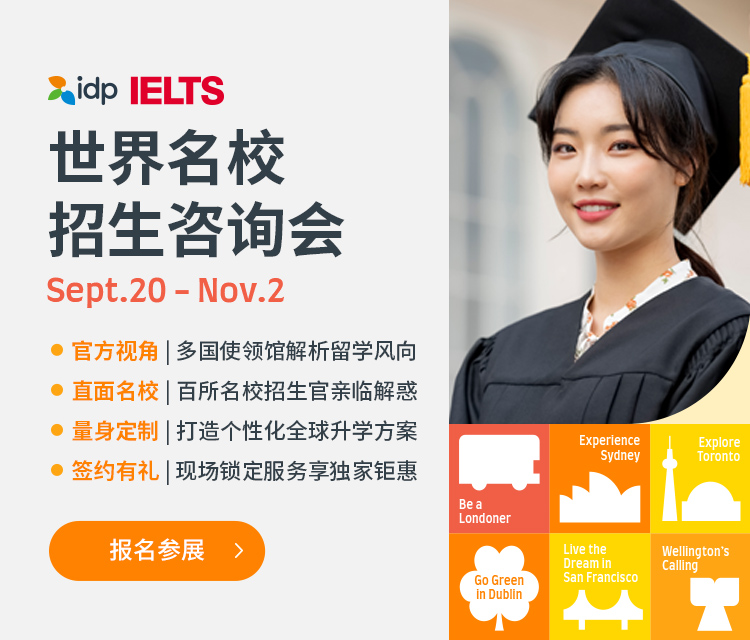What are the courses taught in the Louis Riel School Division?The most complete course summary!
What are the courses taught in the Louis Riel School Division?
· English Language Arts
Language is the basis of all communication, and proficiency in English Language Arts enables students to establish relationships, understand social situations, extend experiences, and reflect on thought and action.

· French Language Programs
French is an official language in 33 countries worldwide. More than 130 million people speak French, on five continents, and it is the second most studied language in the world. The Louis Riel School Division offers three different programs to support French language education in the community.
· Mathematics
The K to 12 provincial mathematics curriculum is organized by grade and the four strands: Patterns and Relations, Statistics and Probability, Shape and Space, and Number.
Hands-on learning activities, problem-solving, visualization, communication, connections to everyday life, technology, estimation, mental math and strategic instruction are means to helping students develop mathematical skills and understanding. They benefit from working with a variety of materials, tools and contexts when learning about new mathematical ideas, and enrich their understanding of mathematical content through meaningful student discussions.
· Music Education
Music in the early years provides children with a multi-activity approach to acquiring basic literacy, performance and appreciation skills. During the middle years, the sequential development of these skills is continued and constantly reinforced through the study of a more specialized performance area. In the Senior Years, students who choose to continue their musical studies have the opportunity to achieve a high standard of performance while expanding their musical literacy and theoretical knowledge.
· Physical Education
help youth take greater ownership of their own physical fitness
promote the discovery of activities suited to their own individual interests
encourage active lifestyles that persist into their futures

· Practical Arts
To realize our Vision we encourage students to strive to reach their potential. To do so, they must understand the relevance of what they learn in the classroom. Industrial Arts and Human Ecology programming provides settings for students to develop and practice skills for daily living, while integrating knowledge from other subject areas.
The Practical Arts program ensures that students graduate with the skills necessary in their personal lives, and the ability to pursue fulfilling careers. Allowing students to experience a combination of Human Ecology and Industrial Arts affords them substantial hands-on learning and valuable life-long skills.
· Science
The quantity of scientific research and technological innovations has skyrocketed over the past century, creating a world of global interdependence, rapid scientific and technological advances, and a need for a sustainable environment, economy and society.
Students need to develop inquiry, problem-solving and decision-making abilities, if they are to become lifelong learners and scientifically literate individuals. The more effectively students can interpret information, solve problems, make informed decisions, accommodate change and create new knowledge, the more prepared they will be to interact with the world around them.
· Social Studies
Social studies encompasses history and geography, and is the study of people in relation to each other and to the world in which they live. As a study of human beings in their physical, social and cultural environments, social studies examines the past and present, and looks towards the future. Social studies helps students acquire the skills, knowledge and values necessary to become active, democratic citizens and contributing members of their communities, locally, nationally and globally. It integrates the four foundation skill areas of literacy and communication, problem-solving, human relations and technology, and provides ideas and strategies to support the implementation of social studies.
· Visual Arts
The Louis Riel School Division believes that fostering an appreciation for the arts promotes understanding. By cultivating artistic abilities we are encouraging creativity and communication, and when we learn to respond to art, we grow.
Although provincial arts curriculum is currently undergoing review, the Louis Riel School Division celebrates its Visual Arts programming. The Division believes that arts education is not about the final product, but rather the journey. Students are encouraged to celebrate in their progress and development.
· Literacy


